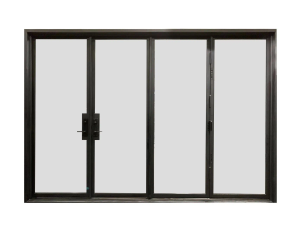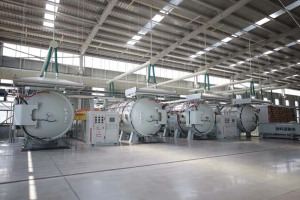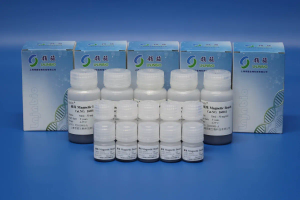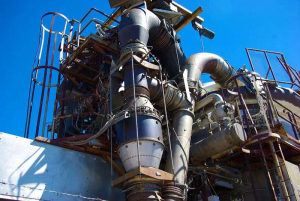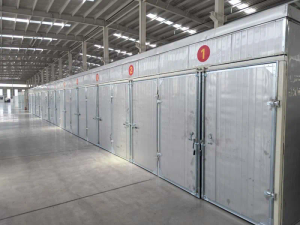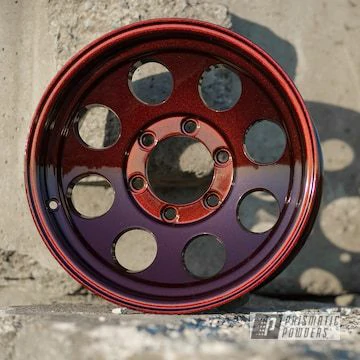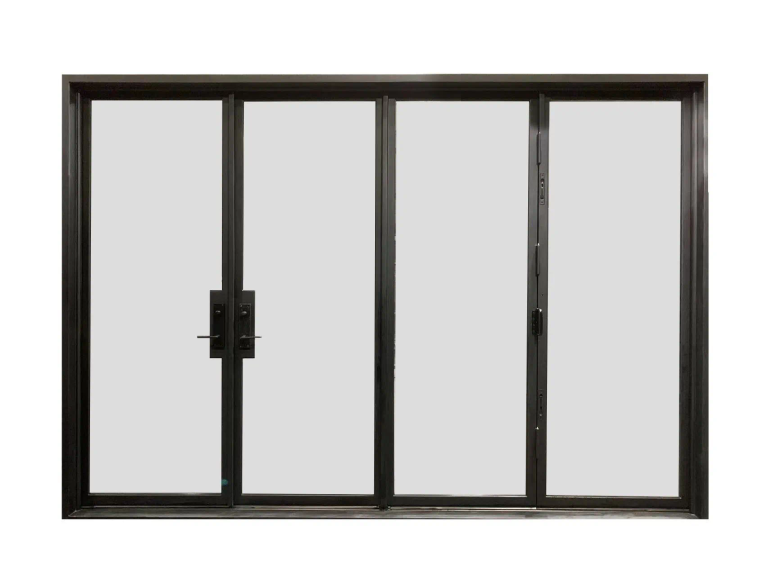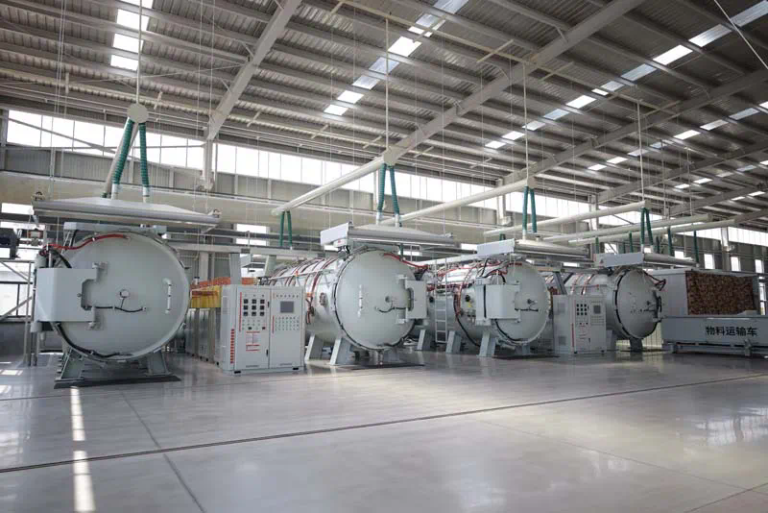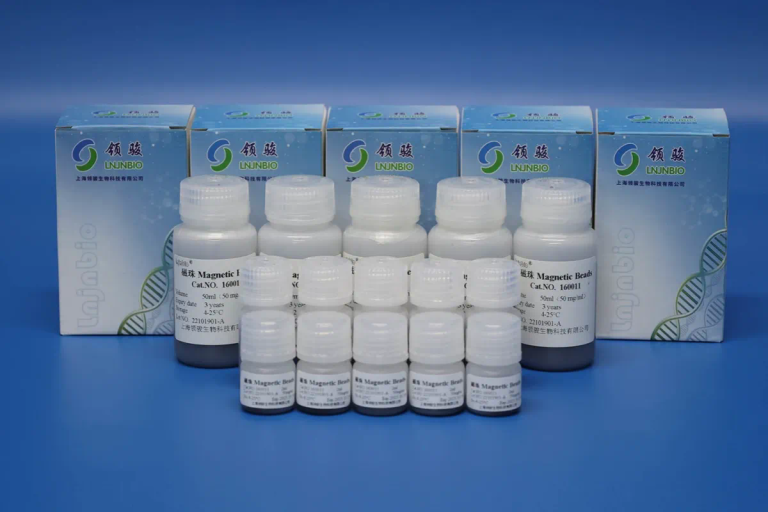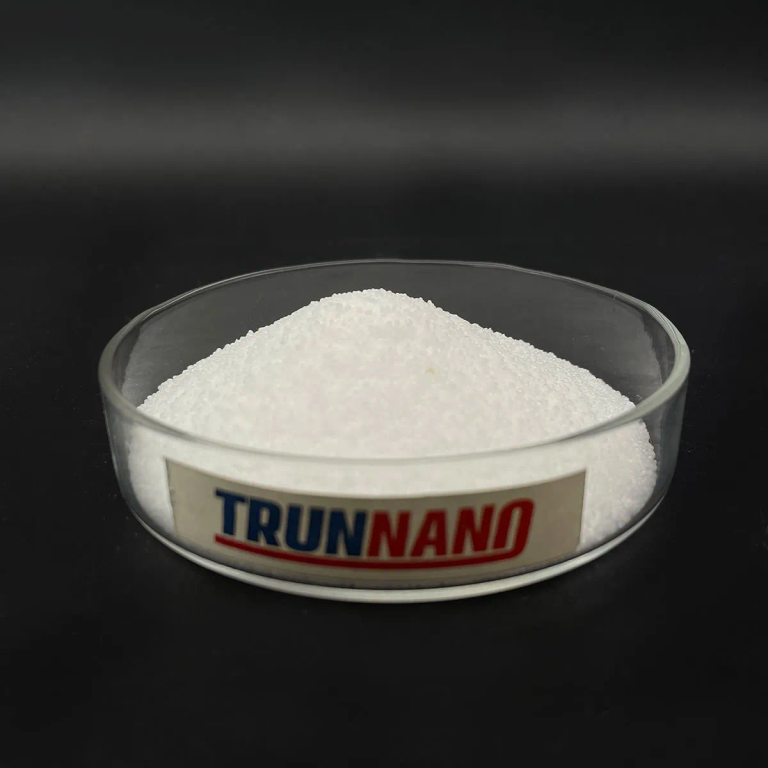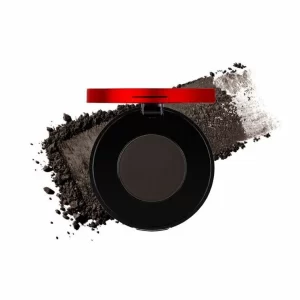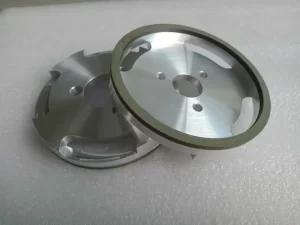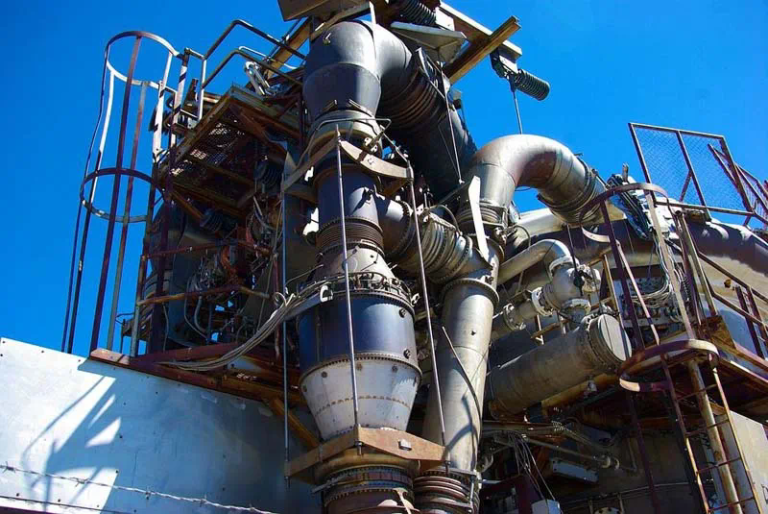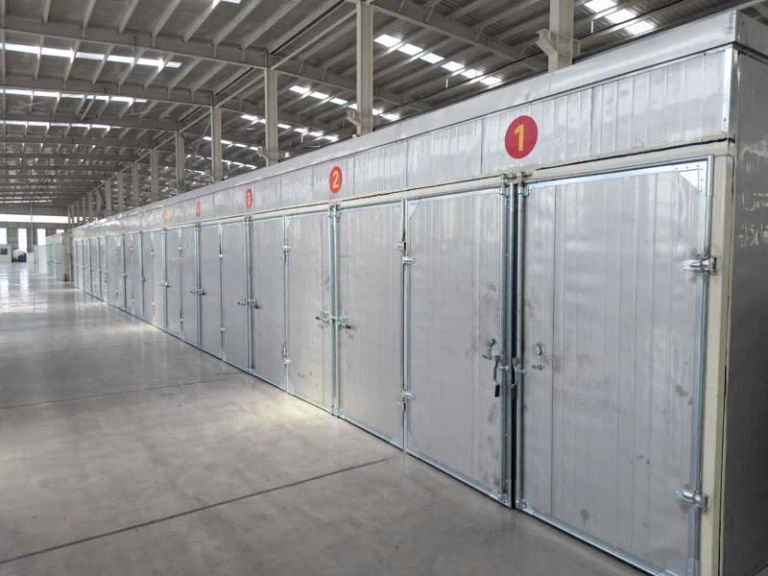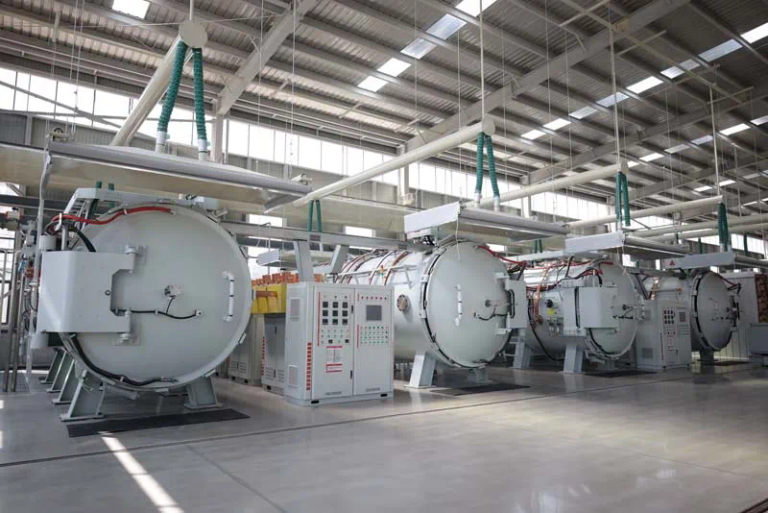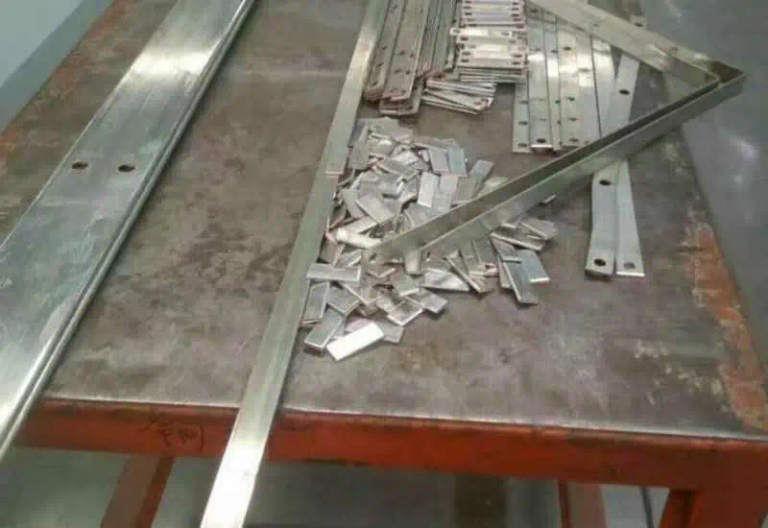The ideal material for grinding semiconductor sapphire – boron carbide powder
Introduction:
In the field of semiconductor manufacturing, the grinding process plays a crucial role in achieving the desired precision and quality. Sapphire, being a popular material for semiconductor applications due to its excellent mechanical and electrical properties, requires a specialized grinding material to ensure optimal results. Among various options, boron carbide powder emerges as the ideal material for grinding semiconductor sapphire due to its unique properties and advantages. This article aims to explore the characteristics of boron carbide powder and explain why it is the preferred choice for grinding semiconductor sapphire.
Properties of boron carbide powder:
Boron carbide (B4C) powder is a compound composed of boron and carbon atoms. It possesses several properties that make it particularly suitable for grinding semiconductor sapphire:
1. Hardness: Boron carbide powder is one of the hardest materials available, ranking third after diamond and cubic boron nitride. Its exceptional hardness enables it to effectively grind and polish sapphire without causing excessive wear on the grinding tools.
2. Wear resistance: The wear resistance of boron carbide powder is significantly higher compared to other grinding materials. This property ensures a longer lifespan for the grinding tools, reducing the frequency of replacements and maintenance.
3. Chemical stability: Boron carbide powder exhibits remarkable chemical stability, making it resistant to various acids, alkalis, and organic solvents commonly encountered in the semiconductor manufacturing processes. This stability prevents potential chemical reactions that could compromise the quality of the semiconductor sapphire.
Advantages of using boron carbide powder for grinding semiconductor sapphire:
The utilization of boron carbide powder as a grinding material in semiconductor sapphire manufacturing offers several advantages:
1. Enhanced efficiency: The exceptional hardness of boron carbide powder enables quicker and more efficient grinding, reducing process time and increasing productivity. Its wear resistance ensures consistent performance throughout the grinding process, maintaining high-quality results.
2. Improved surface finish: Sapphire wafers require a smooth and uniform surface finish for optimal performance. The hardness and abrasiveness of boron carbide powder allow for precise control over the grinding process, resulting in a superior surface finish with minimal defects or irregularities.
3. Cost-effectiveness: Due to its long lifespan and wear resistance, boron carbide powder minimizes the need for frequent tool replacements, reducing overall production costs. Additionally, its efficient grinding capabilities contribute to increased throughput and yield, further enhancing cost-effectiveness.
Conclusion:
When it comes to grinding semiconductor sapphire, choosing the right material is crucial for achieving the desired precision and quality. Boron carbide powder stands out as the ideal choice due to its exceptional hardness, wear resistance, and chemical stability. Leveraging these properties, boron carbide powder facilitates efficient grinding, improves surface finish, and offers cost-effective solutions for semiconductor manufacturers. As the demand for high-performance semiconductors continues to grow, the utilization of boron carbide powder will play a pivotal role in meeting industry requirements and advancing technological advancements.
.webp)
